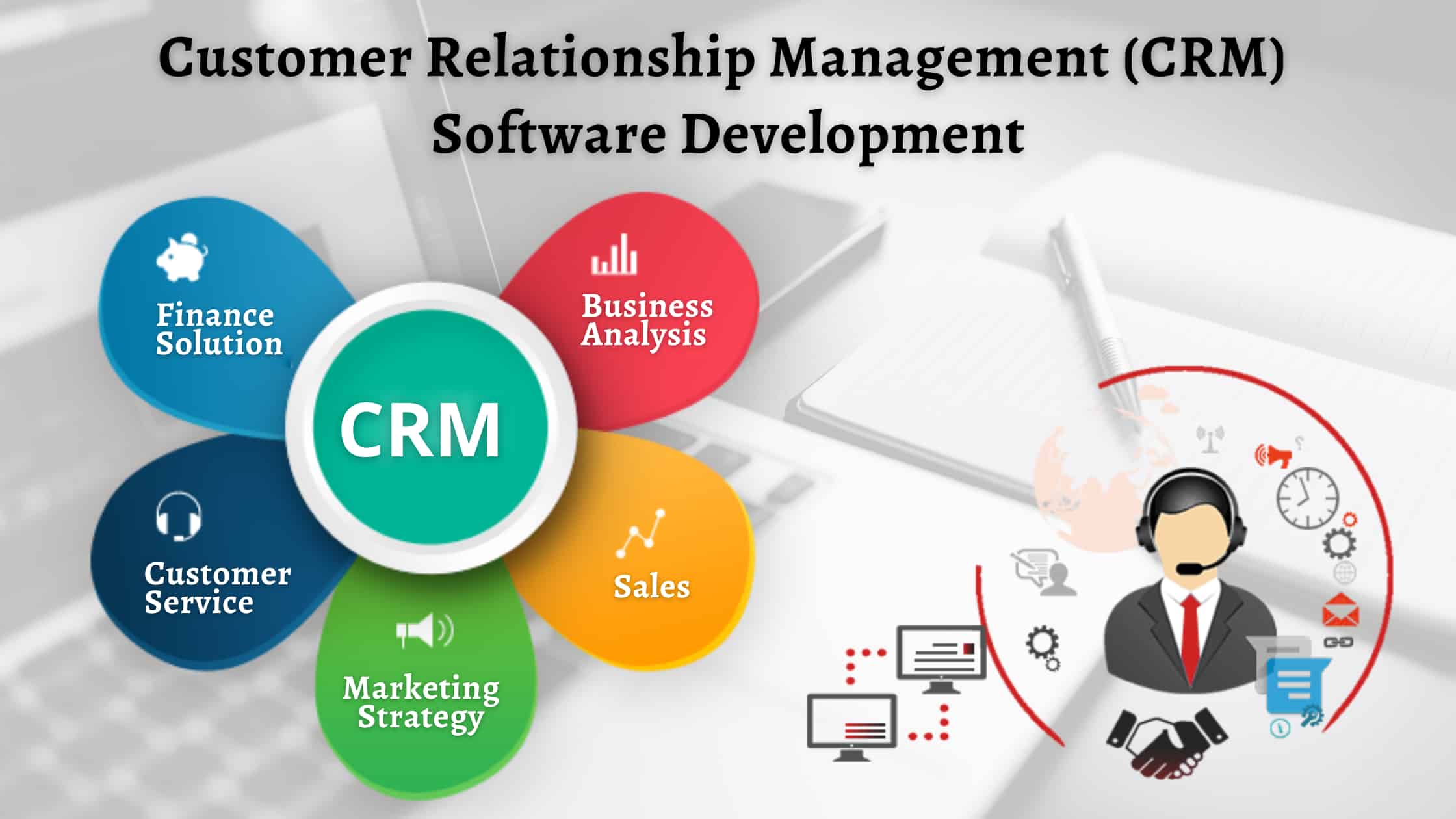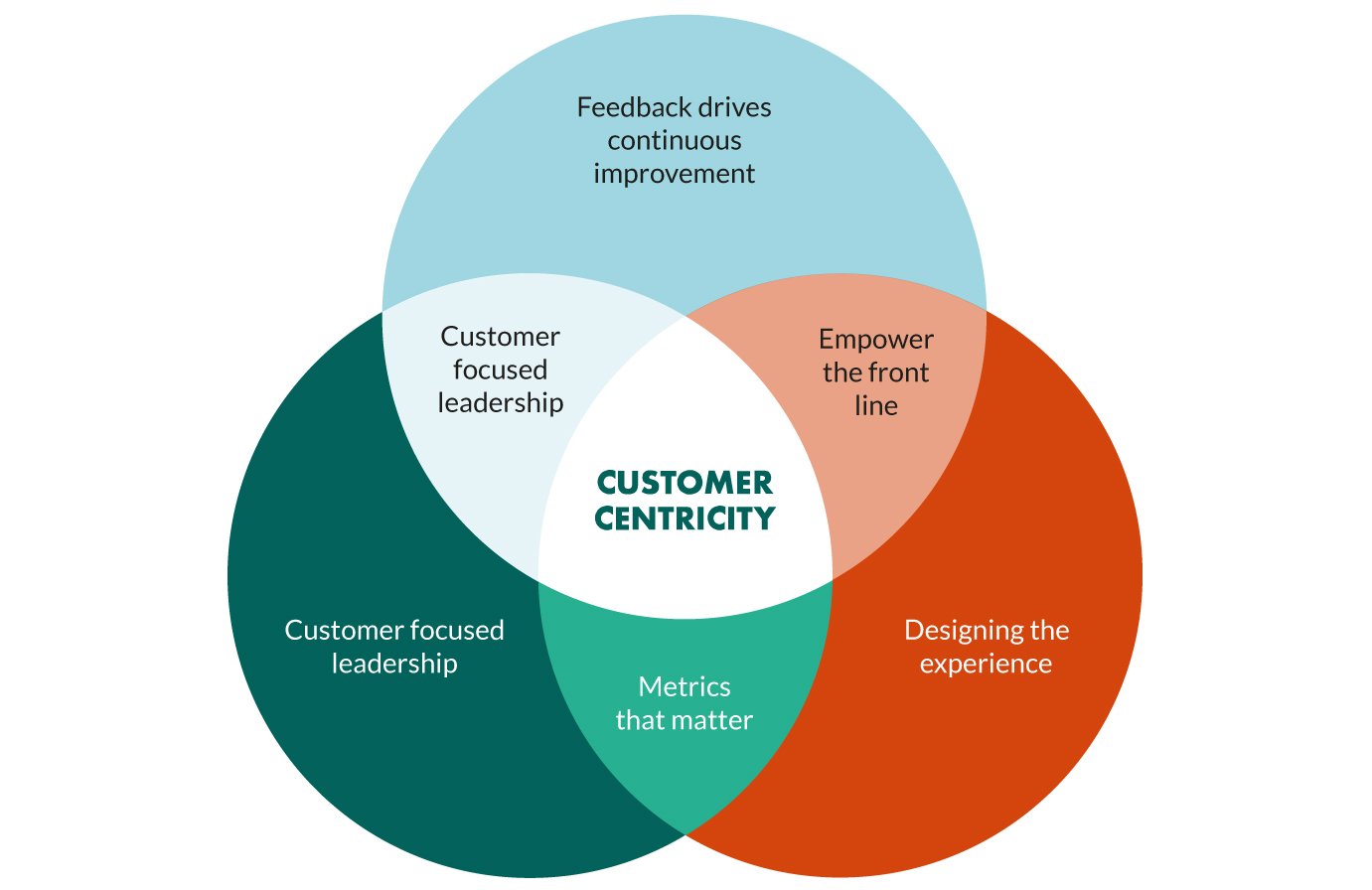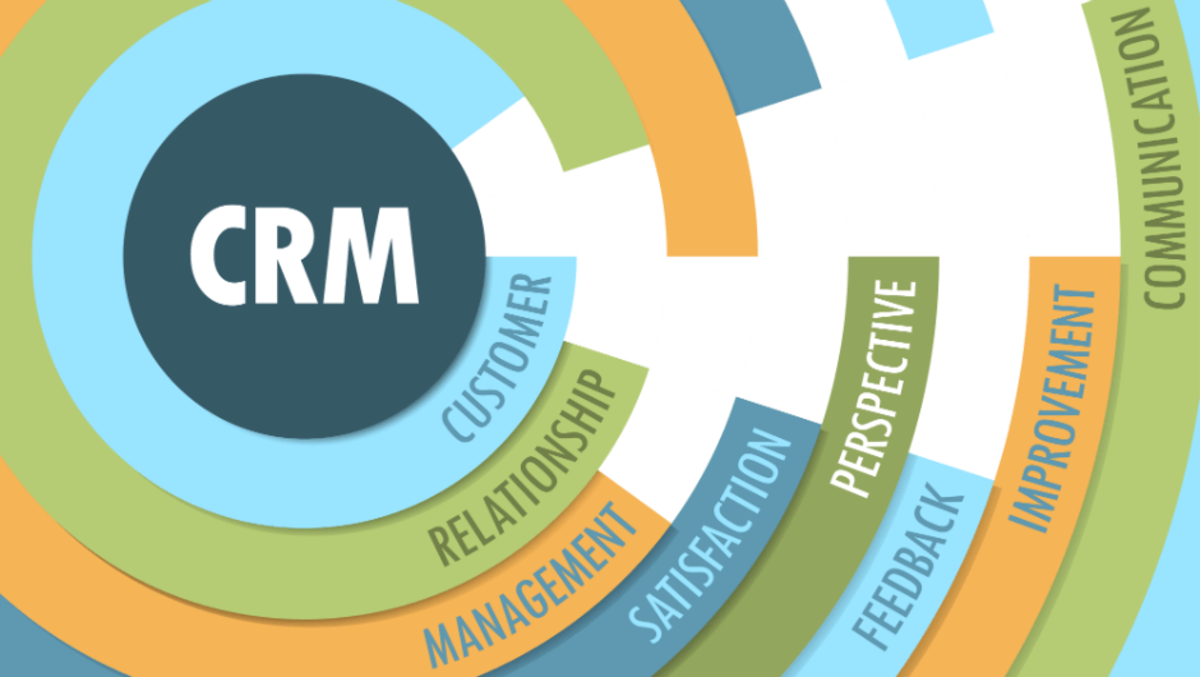Crm executive means – The CRM executive plays a pivotal role in today’s business landscape, driving customer relationship management strategies and ensuring alignment with organizational objectives. This comprehensive guide delves into the multifaceted world of CRM executives, exploring their responsibilities, functions, leadership qualities, and career paths.
From defining key performance indicators to fostering cross-functional collaboration, CRM executives are at the forefront of customer-centric initiatives, shaping business decisions and driving innovation.
CRM Executive Overview
A CRM executive is responsible for developing and executing customer relationship management (CRM) strategies to enhance customer satisfaction, loyalty, and profitability. They oversee all aspects of CRM, including customer data management, marketing automation, sales force automation, and customer service.
To succeed in this role, CRM executives must possess a deep understanding of CRM principles and best practices, as well as strong leadership, communication, and analytical skills. They must also be able to think strategically and develop innovative solutions to complex business problems.
Key Responsibilities
- Develop and execute CRM strategies to improve customer satisfaction, loyalty, and profitability.
- Oversee all aspects of CRM, including customer data management, marketing automation, sales force automation, and customer service.
- Work with other executives to align CRM strategies with overall business goals.
- Develop and implement CRM metrics to measure the success of CRM initiatives.
- Stay up-to-date on the latest CRM trends and technologies.
Essential Skills and Qualifications, Crm executive means
- Bachelor’s or Master’s degree in business administration, marketing, or a related field.
- 5+ years of experience in CRM management.
- Strong understanding of CRM principles and best practices.
- Excellent leadership, communication, and analytical skills.
- Ability to think strategically and develop innovative solutions.
CRM Executive Functions

CRM executives are responsible for the overall strategy and execution of an organization’s customer relationship management (CRM) program. They work closely with other executives and department heads to ensure that the CRM program is aligned with the organization’s overall business goals.
CRM executives typically have a deep understanding of customer behavior, data analysis, and technology. They use this knowledge to develop and implement CRM strategies that improve customer satisfaction, loyalty, and profitability.
CRM Executive Contributions to Business Strategy and Decision-Making
CRM executives play a vital role in business strategy and decision-making. They provide insights into customer behavior and trends that can help organizations make better decisions about product development, marketing, and sales.
For example, a CRM executive might use data analysis to identify customer segments that are most likely to purchase a new product. This information can then be used to develop targeted marketing campaigns that are more likely to be successful.
CRM executives also help organizations make better decisions about customer service. They can use data analysis to identify areas where customer service is falling short and develop strategies to improve it.
CRM Executive Leadership
Effective CRM executives possess a unique blend of leadership qualities and characteristics that enable them to drive success within their teams and organizations. They are strategic thinkers with a deep understanding of the customer journey and the ability to translate customer insights into actionable plans.
CRM executives are also skilled communicators and motivators. They are able to inspire and engage their teams, creating a culture of collaboration and innovation. They are also adept at managing relationships with key stakeholders, including customers, partners, and vendors.
Role of a CRM Executive in Motivating and Managing Teams
CRM executives play a critical role in motivating and managing their teams. They set clear goals and expectations, and they provide their teams with the resources and support they need to succeed. They also create a positive and supportive work environment, where team members feel valued and respected.
- Setting clear goals and expectations
- Providing resources and support
- Creating a positive and supportive work environment
CRM executives are also responsible for managing team performance. They track progress towards goals, and they provide feedback and coaching to help team members improve their performance. They also work to identify and address any challenges that the team may face.
- Tracking progress towards goals
- Providing feedback and coaching
- Identifying and addressing challenges
CRM Executive Collaboration

CRM executives play a crucial role in fostering collaboration and alignment across various departments and stakeholders within an organization. They serve as a bridge between different functions, ensuring that customer-centric initiatives are effectively implemented and supported throughout the enterprise.
Key stakeholders and departments that CRM executives collaborate with include:
- Sales: CRM executives work closely with sales teams to understand customer needs, develop targeted marketing campaigns, and optimize sales processes.
- Marketing: Collaboration with marketing is essential for developing effective customer segmentation strategies, creating personalized content, and aligning marketing efforts with overall CRM goals.
- Customer service: CRM executives collaborate with customer service teams to ensure that customer interactions are handled efficiently and effectively, building strong customer relationships.
- Product development: Input from CRM executives helps product development teams understand customer feedback and incorporate customer insights into product design and innovation.
- Finance: Collaboration with finance is important for budgeting, forecasting, and analyzing the financial impact of CRM initiatives.
CRM executives foster relationships and drive cross-functional alignment through various strategies:
- Regular communication:Establishing clear communication channels and holding regular meetings to share updates, discuss challenges, and align on goals.
- Cross-functional teams:Forming cross-functional teams that bring together members from different departments to work on specific projects or initiatives.
- Shared dashboards and reporting:Providing access to shared dashboards and reports that provide real-time insights into customer data and performance metrics.
- Training and development:Offering training programs to educate stakeholders on the importance of CRM and how it can benefit their respective roles.
By fostering collaboration and alignment, CRM executives create a cohesive and customer-centric environment that drives organizational success.
CRM Executive Innovation

CRM executives play a pivotal role in driving innovation within their organizations. They are responsible for staying abreast of industry trends and identifying new technologies and strategies that can improve customer engagement and satisfaction. By implementing these innovations, CRM executives can help their companies gain a competitive advantage and achieve their business goals.
Examples of CRM Executive Innovation
Some examples of how CRM executives are implementing innovation include:
- Using artificial intelligence (AI) to automate tasks and provide personalized customer experiences.
- Implementing cloud-based CRM systems to improve accessibility and collaboration.
- Developing mobile CRM apps to give sales and service teams access to customer data on the go.
- Integrating CRM systems with other business applications to create a more holistic view of the customer.
- Using data analytics to identify trends and improve customer segmentation.
By embracing innovation, CRM executives can help their companies stay ahead of the curve and deliver exceptional customer experiences.
CRM Executive Metrics and Measurement: Crm Executive Means
CRM executives rely heavily on data to make informed decisions and track the effectiveness of their strategies. Key metrics and KPIs that they monitor include:
- Customer acquisition cost (CAC)
- Customer lifetime value (CLTV)
- Customer churn rate
- Average revenue per user (ARPU)
- Sales conversion rate
These metrics provide valuable insights into customer behavior, sales performance, and overall CRM effectiveness. Data-driven decision-making is crucial for CRM executives as it allows them to identify areas for improvement, optimize processes, and maximize ROI.
Importance of Data-Driven Decision-Making
In the dynamic and competitive business landscape, data-driven decision-making is essential for CRM executives. By leveraging data, they can:
- Gain a deep understanding of customer needs and preferences
- Identify trends and patterns in customer behavior
- Personalize marketing and sales campaigns for better results
- Optimize customer service and support operations
- Measure the impact of CRM initiatives and make data-informed adjustments
Ultimately, data-driven decision-making empowers CRM executives to make strategic choices that drive business growth and customer satisfaction.
CRM Executive Career Path

CRM executives typically start their careers in customer service or sales, where they gain experience in managing customer relationships and implementing CRM systems. With experience and expertise, they can advance to management positions, such as CRM manager or director, where they are responsible for developing and executing CRM strategies.
Some CRM executives may also move into consulting roles, where they provide guidance to other organizations on how to improve their CRM practices.
The career path for CRM executives is relatively straightforward, with opportunities for growth and advancement at each level. With the increasing importance of CRM in business, the demand for qualified CRM executives is expected to continue to grow in the years to come.
Potential for Career Growth and Advancement
The potential for career growth and advancement for CRM executives is significant. With experience and expertise, CRM executives can move into senior management positions, such as vice president of CRM or chief customer officer. Some CRM executives may also start their own consulting firms or become authors or speakers on CRM topics.
Conclusive Thoughts

In conclusion, the role of a CRM executive is essential for organizations seeking to enhance customer experiences, optimize business processes, and gain a competitive edge. Their expertise in data analysis, stakeholder management, and strategic planning empowers them to drive organizational success and build lasting customer relationships.
Essential FAQs
What are the primary responsibilities of a CRM executive?
CRM executives oversee the development and implementation of customer relationship management strategies, manage customer data and analytics, and collaborate with cross-functional teams to ensure customer satisfaction.
What are the essential skills required for a CRM executive role?
Effective CRM executives possess strong analytical, communication, and leadership skills, along with a deep understanding of customer relationship management principles and industry best practices.
How do CRM executives contribute to business strategy and decision-making?
CRM executives provide valuable insights into customer behavior, preferences, and trends, enabling organizations to make data-driven decisions and develop effective business strategies.